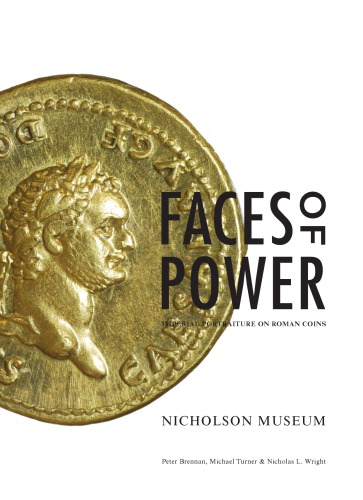

Most ebook files are in PDF format, so you can easily read them using various software such as Foxit Reader or directly on the Google Chrome browser.
Some ebook files are released by publishers in other formats such as .awz, .mobi, .epub, .fb2, etc. You may need to install specific software to read these formats on mobile/PC, such as Calibre.
Please read the tutorial at this link: https://ebookbell.com/faq
We offer FREE conversion to the popular formats you request; however, this may take some time. Therefore, right after payment, please email us, and we will try to provide the service as quickly as possible.
For some exceptional file formats or broken links (if any), please refrain from opening any disputes. Instead, email us first, and we will try to assist within a maximum of 6 hours.
EbookBell Team

0.0
0 reviewsThis exhibition uses coins to reflect on some few of the millions of stories that make up the history of Roman emperors.It What Octavian (Augustus) created a new praenomen for himself, Imperator, or 'victorious general'.During the reign of Nero, Imperator ('emperor') began to be used as the first name for all Roman rulers.After the cognomina, successive agnomina could be adopted to further identify individuals within a family.
stretches from the prototype emperor Julius Caesar to the last Roman
emperors in the West and their contemporaries in Constantinople.Coins,
like statues, give a physical face to power, sometimes realistic,
sometimes idealised, not only of emperors, but also of those whose faces
on coins show their importance in the physiognomy of power.
was shown on the coinage and what we now know happened in reality were
often very different, but the coin image expressed an idea that the
emperor wanted to be believed.During the
Roman Republic, and in the early days of Empire, the magistrate in
charge of the production of coinage would add his own name to the
legend. This practice does not seem to have continued on imperial
coinage after the reign of Augustus.